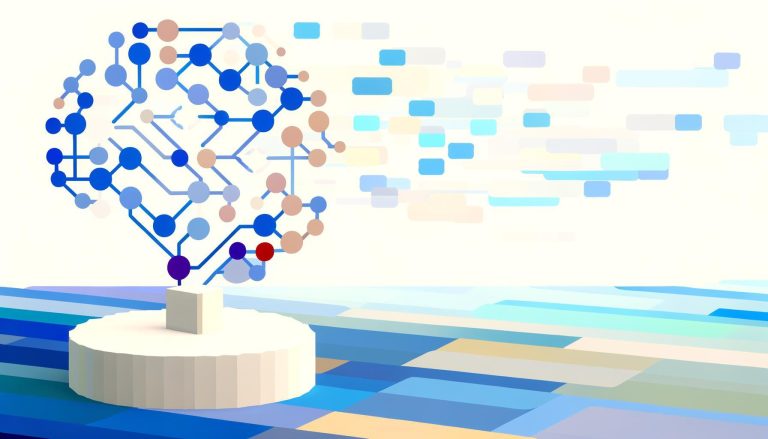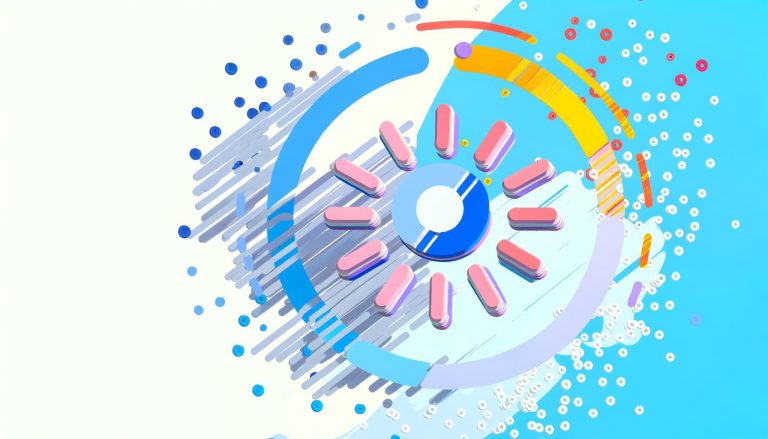Artificial Intelligence (AI) is revolutionizing various aspects of our lives, and mental health care is no exception. AI-powered mental health apps are emerging as valuable tools that offer accessible, personalized, and timely support to individuals struggling with mental health issues. But what is the science behind these innovative apps? This article explores how AI is applied in mental health care, the benefits of these applications, and practical tips for maximizing their potential.
Understanding AI-Powered Mental Health Apps
Artificial Intelligence: The Core Component
At the heart of AI-powered mental health apps lies Artificial Intelligence itself, a branch of computer science focused on creating systems capable of performing tasks that normally require human intelligence. These tasks include learning, reasoning, problem-solving, and understanding natural language.
Machine Learning and Natural Language Processing
Machine Learning (ML) is a subset of AI that enables systems to learn from data and improve over time without explicit programming. Natural Language Processing (NLP), another subset, allows systems to understand and generate human language. By integrating ML and NLP, mental health apps can analyze user inputs, recognize emotional cues, and provide relevant responses.
The Science Behind AI-Powered Mental Health Apps
Algorithms and Data Analysis
AI mental health apps utilize sophisticated algorithms to process and analyze vast amounts of data. This data can include user interactions, mood patterns, text entries, and even vocal tones. By analyzing this data, the apps can identify trends, predict mental health issues, and offer personalized advice.
Real-time Emotional Analysis
Thanks to advancements in sentiment analysis, AI-powered mental health apps can gauge the emotional state of users in real-time. By analyzing text and voice inputs, these systems can detect signs of stress, anxiety, depression, or other emotional states, providing timely interventions.
Personalization and Customization
AI’s ability to analyze individual data points allows for highly personalized mental health care. These apps adapt to each user’s unique needs, preferences, and progress. The more data the app collects, the more accurately it can tailor support to the individual, providing a truly customized experience.
Behavioral Pattern Recognition
AI algorithms can recognize behavioral patterns that may indicate mental health issues. By monitoring changes in sleep patterns, physical activity, social interactions, and more, AI-powered apps can alert users to potential problems and suggest preventive measures.
Interdisciplinary Integration
AI doesn’t work in isolation; it integrates insights from various disciplines such as psychology, neuroscience, and behavioral science. This interdisciplinary approach ensures that the support provided by mental health apps is scientifically grounded and holistic.
Benefits of AI-Powered Mental Health Apps
Accessibility and Convenience
One of the primary advantages of AI-powered mental health apps is accessibility. These apps are available 24/7, providing support whenever and wherever needed. This convenience is particularly beneficial for individuals who may have difficulty accessing traditional mental health care due to geographic, financial, or time constraints.
Early Intervention and Prevention
By continuously monitoring and analyzing user data, AI-powered apps can detect early signs of mental health issues. This enables timely interventions and prevention strategies, potentially reducing the severity of mental health conditions.
Cost-Effectiveness
Compared to traditional therapy, AI-powered mental health apps are often more affordable. This cost-effectiveness makes mental health care accessible to a broader audience, democratizing access to essential support services.
Stigma Reduction
AI-powered mental health apps offer a level of anonymity that can reduce the stigma associated with seeking mental health support. Users can engage with these apps privately, without fear of judgment or social repercussions.
Empowerment and Self-Regulation
By providing tools for self-monitoring and self-regulation, AI-powered apps empower individuals to take control of their mental health. Users can track their moods, set goals, and develop coping strategies, fostering a sense of agency and autonomy.
Practical Tips for Maximizing AI-Powered Mental Health Apps
Consistency is Key
To derive maximum benefit from AI-powered mental health apps, consistency is crucial. Regularly updating the app with mood entries, completing recommended exercises, and responding to prompts ensures the AI can provide the most accurate and personalized support.
Set Realistic Goals
Using the goal-setting features of these apps can be highly beneficial. However, it’s important to set realistic and achievable goals. Break down larger objectives into smaller, manageable tasks to maintain motivation and track progress.
Utilize All Features
AI-powered mental health apps offer a plethora of features, from journaling and mood tracking to guided meditation and cognitive-behavioral exercises. Make sure to explore and utilize all available features to maximize the app’s benefits.
Stay Informed and Updated
Given the rapid advancements in AI and mental health research, staying informed about new features and updates can enhance your experience. Regularly check for app updates and explore new functionalities as they become available.
Conclusion
AI-powered mental health apps represent a promising advancement in the field of mental health care. By leveraging sophisticated AI algorithms, these apps provide accessible, personalized, and effective support to individuals struggling with mental health issues. With features such as real-time emotional analysis, behavioral pattern recognition, and interdisciplinary integration, these apps offer scientifically grounded and holistic care. The benefits of AI-powered mental health apps, including accessibility, early intervention, cost-effectiveness, and stigma reduction, make them valuable tools for anyone seeking mental health support.
To make the most of AI-powered mental health apps, users should maintain consistency, set realistic goals, utilize all available features, and stay informed about new developments. By doing so, individuals can take control of their mental health and foster a sense of empowerment and self-regulation.
If you’re looking for a comprehensive, user-friendly mental health app, consider trying Zenora. With features such as moods and habits tracking, personalized counseling, and goal setting, Zenora can help you achieve and maintain optimal mental well-being. Download the app today and take the first step towards a healthier, happier you.





